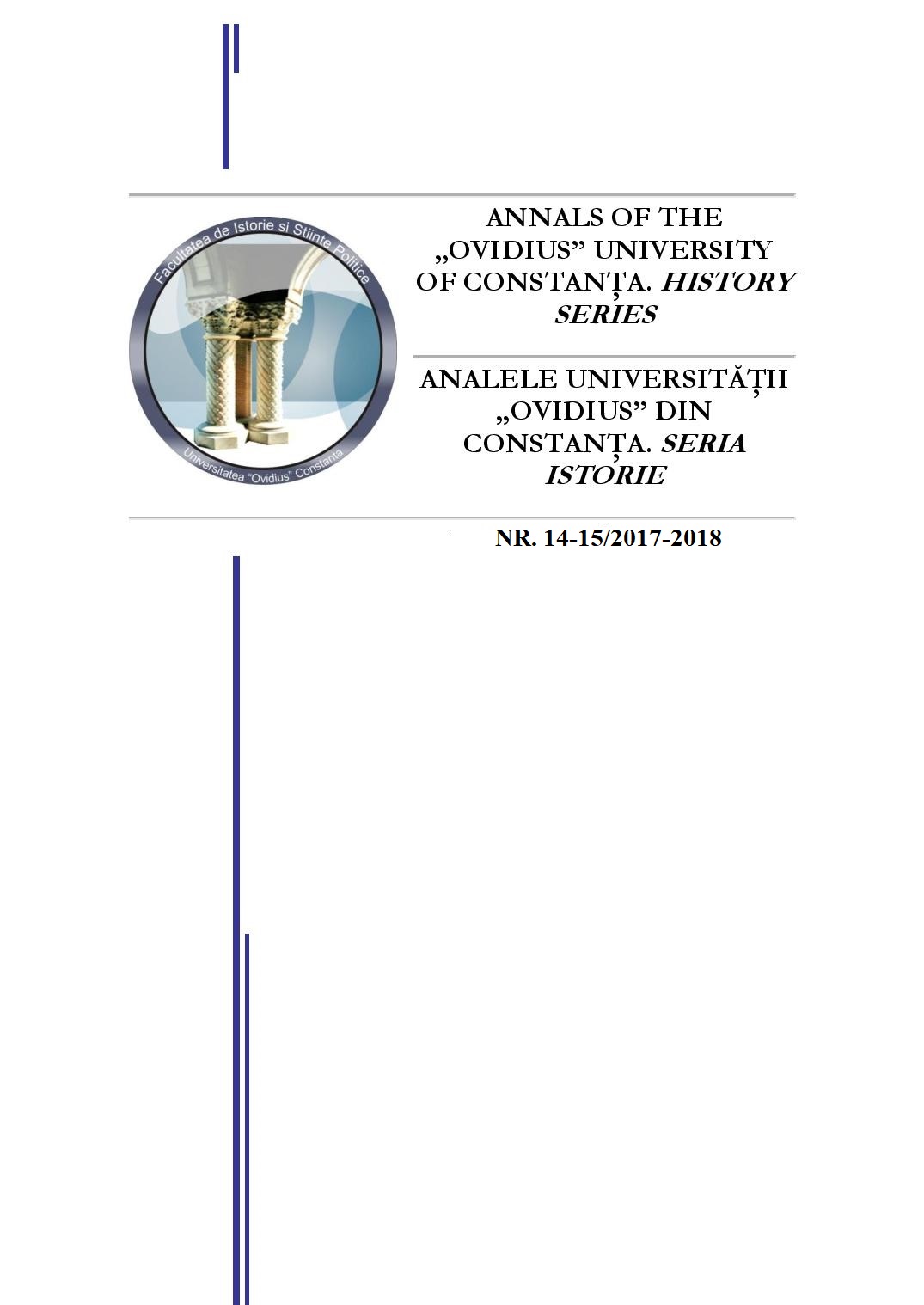REFUGIAȚI POLITICI IUGOSLAVI ÎN ROMÂNIA COMUNISTĂ. MĂRTURII INEDITE DIN ARHIVA CNSAS (1948-1951)
YUGOSLAV POLITICAL REFUGES IN COMMUNIST ROMANIA
Author(s): Dan LazărSubject(s): History, Political history, Post-War period (1950 - 1989)
Published by: Ovidius University Press
Keywords: Iugoslavia; Iosip Broz Tito; refugiți politici;
Summary/Abstract: Josip Broz Tito started as a notorious Stalinist and ended up becoming an opponent of Stalin, though he actually did not wish it explicitly. In this respect, the ideological confusion ”at the top” in Yugoslavia during 1948-1949 is significant. Most Yugoslav communists followed, volens nolens, the leader of Belgrade, just as the opponents had to choose between ”conversion” and silence or between home prison and emigration to neighbouring Communist states, submitted to the Soviet Union. The interrogations of the Yugoslav deserters by Securitate concern a wide range of matters. They involve a periodic rewriting of the autobiography by each refugee (to detect possible inconsistencies or inaccuracies), requesting accurate information about their place of origin (most of them come from areas bordering Romania: Serbian Banat, Danube Gorge, Timok Valley, part of Vojvodina). These interrogations also requested data about the border guarding system on the Yugoslav sector crossed (land and river), about how they managed to deceive the vigilance of the Serbian guards, about domestic training, presuming they were UDB (Yugoslav Security) agents, the emigrants’ state of mind, data about the plans and action ways of the UDB and their possible recruitment as Romanian Securitate agents to be sent back Yugoslavia for a spying mission. Finally yet importantly, we assume that the detailed synoptic on Yugoslavia was meant to be made available also to the Romanian agents infiltrated by Securitate in the neighbouring country. We cannot know, just from reading the documents, how the information was collected. Was intimidation used? Was physical or mental coercion used? Did Securitate want for the persons interrogated to confirm the ”ideological canon” assumed in Bucharest? We ask these obviously rhetorical questions because – in terms of the importance of gathering information – the truth delivered about Tito's Yugoslavia by turncoats was far more interesting, in order to discover the country’s profile, than reconfirming a ”truth” assumed in Bucharest through Kremlin. Furthermore, the fact that turncoats are asked ”to write”, ”to tell” without interruptions caused by questions directed by the investigator, suggests that Securitate wanted first-hand knowledge of what it was like ”on the other side”. Information stating that ”Titoist Yugoslavia” sanctioned listening to Radio Moscow, Radio Bucharest, Radio Budapest, Radio Sofia but allowed listening to Radio Free Europe, Voice of America and BBC, that cinemas run especially Hollywood movies followed by French and British ones, that bookshops ”exiled” the works of Stalin and his acolytes (and not those of Lenin) certainly stirred – besides serious ”migraines” – the increasing curiosity of the Romanian Securitate staff.
Journal: Analele Universităţii Ovidius din Constanţa - Seria Istorie
- Issue Year: 2018
- Issue No: 14-15
- Page Range: 31-41
- Page Count: 11
- Language: Romanian
- Content File-PDF

